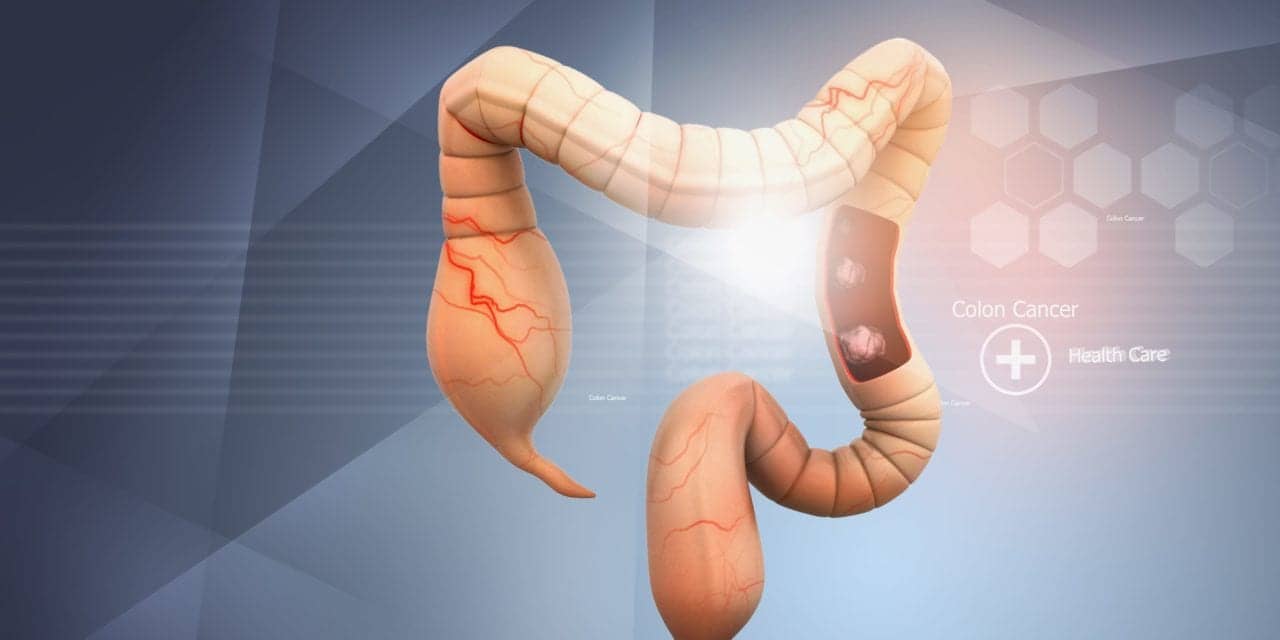Biotech company Freenome completed the enrollment for PREEMPT CRC, the company’s large, prospective study to validate its blood test for colorectal cancer (CRC) screening among average-risk adults.
The test uses Freenome’s multiomics platform, which combines both tumor and non-tumor signals with machine learning to detect cancer in the earliest, most treatable stages using a standard blood draw.
PREEMPT CRC builds on data demonstrating a sensitivity of 94% and a specificity of 94% for detecting early-stage (I/II) colorectal cancer, and additional data highlighting the significance of detecting adenomas.
Study Design for Colorectal Screening
Launched in May 2020, PREEMPT CRC was designed to ensure diverse representation and broad reach. With a novel hybrid strategy that included both virtual and traditional recruitment, the company steadily enrolled participants, even during the pandemic.
With more than 200 study sites across urban and rural communities, PREEMPT CRC locations included community hospitals, health systems, private clinics, tertiary centers, and teaching hospitals. In addition, numerous strategies were implemented to enable convenience including mobile phlebotomy, electronic consenting, and the option for patients to work with their own local healthcare provider.
“This study is representative of the real world,” says Aasma Shaukat, MD, MPH, study co-lead, professor of medicine and director of outcomes research for the Division of Gastroenterology and Hepatology at NYU Langone Health. “We included a wide range of practice settings and convenient options for patients, like home phlebotomy, to help boost adherence.”
Freenome’s partners included Colorectal Cancer Alliance, Dia de la Mujer Latina, the Intercultural Center for Health Research and Wellness, and Historically Black Colleges and Universities (HBCUs) like Morehouse School of Medicine. Morehouse’s study site resulted in high enrollment rates among African Americans as presented in research last year.
Freenome also worked with CVS Health Clinical Trial Services to help reach patients with scheduled colonoscopies to drive trial enrollment with communication and outreach.
Diverse Representation
Racial and ethnic minorities are generally willing to participate in clinical trials at levels comparable to that of whites.1 However, they frequently lack easy access to participate and therefore remain underrepresented in such trials.2 In fact, African American and Hispanics represent only 5% and 1% of clinical trial participants.3
Early data indicates that the PREEMPT CRC study population includes approximately 11.3% Black and 10.3% Hispanic populations.
PREEMPT CRC was designed to be representative of the population. The study includes more than 35,000 participants, ages 45-85 and representing every state in the continental United States. Distributed across genders, participants come from a range of ethnic, racial and socioeconomic backgrounds and include both insured and uninsured individuals.
With extensive representation, PREEMPT CRC will characterize the performance of Freenome’s multiomics test across a range of populations. This will then support submissions to the FDA, guideline bodies, payers, and patient advocacy groups as critical steps toward accessible blood-based CRC screening.
“Despite a global pandemic, this study shows a culturally sensitive approach can reach more patients and ultimately save more lives,” said Mike Nolan, chief executive officer of Freenome. “As we move forward in bringing our CRC test to market, we will continue to work with clinical and community leaders so we can deliver the most effective screening strategies to maximize impact.”
Earlier this year, Freenome launched its first prospective clinical study for multi-cancer early detection with several partners from PREEMPT CRC. The company expects to announce additional multi-cancer and real-world data (RWD) studies in the coming months.
References:
- Durant, R. W., Legedza, A. T., Marcantonio, E. R., Freeman, M. B., & Landon, B. E. (2011). Journal of cultural diversity, 18(1), 8–19.
- DOI: 10.1200/EDBK_100021 American Society of Clinical Oncology Educational Book 39 (May 17, 2019) 3-10.
- The Society for Women’s Health Research United States Food and Drug Administration Office of Women’s Health. Dialogues on diversifying clinical trials; 2011



